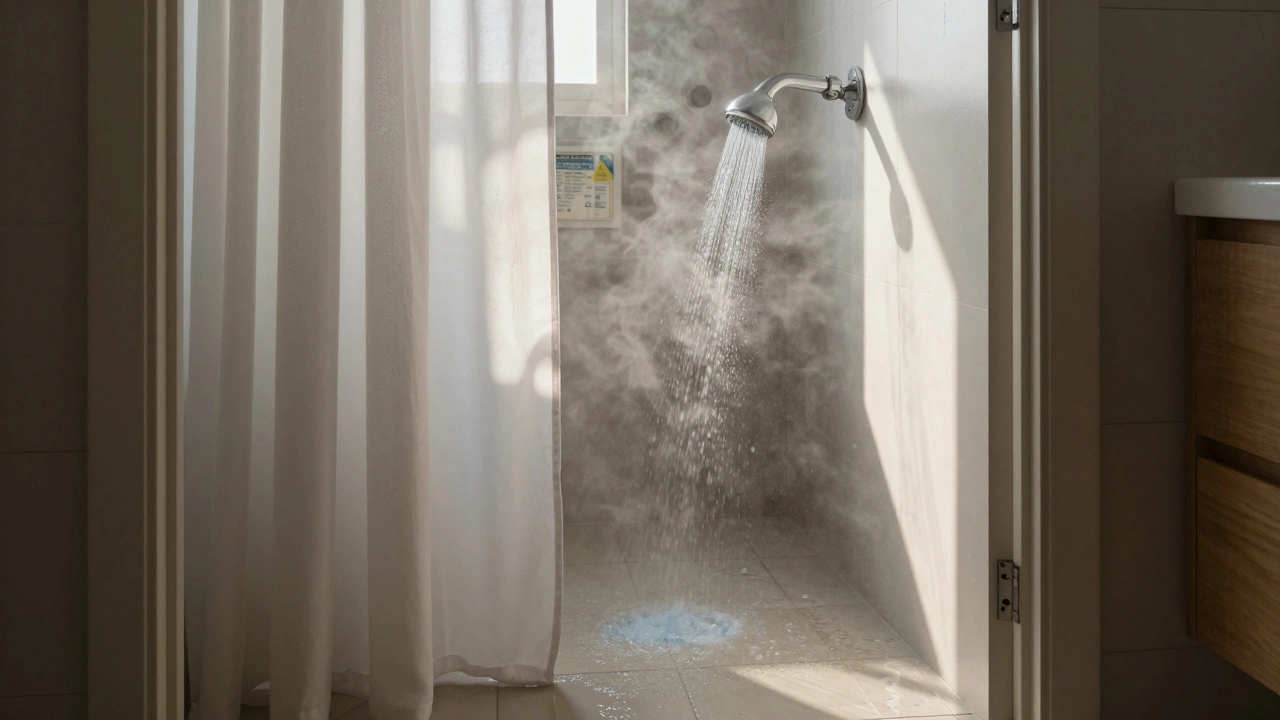Ever noticed a weird smell or cloudy water from your tap? Chances are, sediment buildup is the culprit. Tiny particles of sand, rust, and mineral deposits settle at the bottom of tanks, especially water heaters. Over time they act like a blanket, making the heater work harder, raising energy bills, and shortening the unit’s life. The same thing can happen in boilers, dishwashers, and even refrigerators that use water lines.
Look for these tell‑tale signs: reduced hot‑water flow, strange noises (like popping or rumbling) when the heater kicks on, and higher than usual heating costs. If you hear a screeching sound from your boiler, that’s often water hitting a heated element through a layer of sludge. A fridge that runs constantly or leaks water may also be fighting mineral buildup in its water filter or dispenser line.
The easiest way to get rid of sediment is to flush the tank. First, turn off the power or gas supply and let the heater cool for an hour. Attach a garden hose to the drain valve at the bottom, open a hot‑water faucet nearby, and let the water run out until it looks clear. If the flow is still slow, repeat the process a few times. For really stubborn layers, you can fill the tank with a mixture of water and vinegar, let it sit for a few hours, then flush again. This not only clears the sludge but also helps prevent corrosion.
Don’t forget your boiler and dishwasher. A quick drain of the boiler’s expansion tank and a clean‑out of the dishwasher’s filter can stop sediment from building up. For appliances with filters, replace them regularly – most manufacturers recommend a change every six months.
Regular maintenance is the cheapest insurance policy. Mark your calendar for a semi‑annual flush, check for leaks, and clean any accessible filters. If you’re not comfortable turning off the power or handling the hose, a local pro can do it quickly and safely. In the long run, a simple flush saves you from pricey repairs or a full replacement.
Bottom line: sediment buildup is a silent drain on performance and money. Spot the signs early, flush regularly, and keep filters clean. Your appliances will thank you with longer life, lower bills, and fewer unexpected breakdowns.
Posted by
Orin Trask
0 Comments

The most common problem with a hot water heater is sediment buildup, which reduces efficiency and can cause tank failure. Learn how to spot the signs, flush your tank, and prevent costly repairs.
read morePosted by
Orin Trask
0 Comments

Find out how often to flush your water heater, why it matters, and get actionable tips for safer, more efficient hot water. Easy advice for every homeowner.
read more